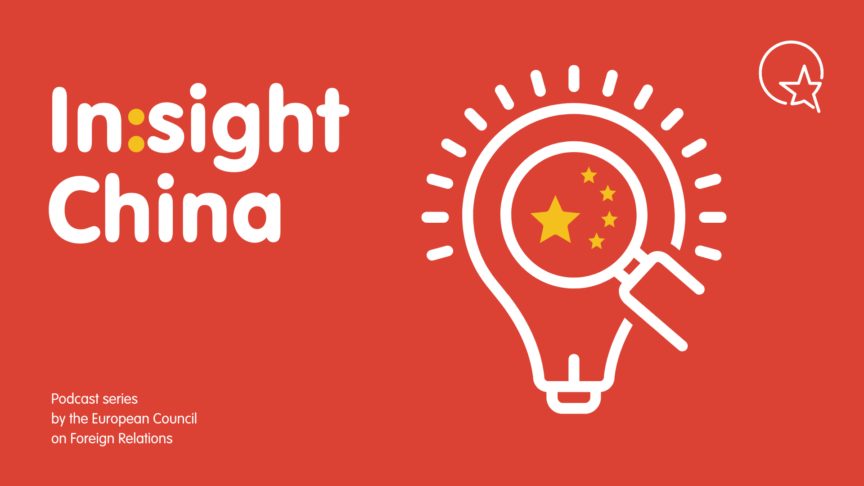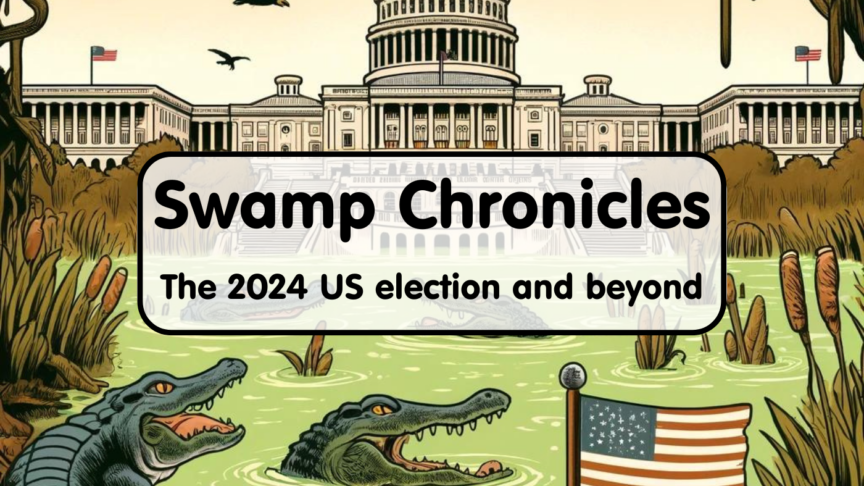How can the EU strike back? The way towards higher economic resilience
To load the audio player provided by Soundcloud, click the button below. This means Soundcloud will receive technical data about your device or browser, as well as information about your visit on this page. Soundcloud may use cookies and may transfer your data to servers outside the EU, where the level of data protection may not be equivalent to that in the EU. For more information visit our privacy policy.
European countries are increasingly coming under threat of economic coercion from great powers, as outlined in the latest ECFR’s policy brief. But what do we mean by economic coercion? What and who is currently threatening EU’s sovereignty, and what is likely to threaten it in the future?
In this week’s episode, host Mark Leonard is joined by Elizabeth Rosenberg, Senior Fellow and Director of the Energy, Economics, and Security Program at the Center for a New American Security, Jean Pisani-Ferry, ECFR Council Member and a senior fellow at Brussels-based think-tank Bruegel and Jonathan Hackenbroich, ECFR policy fellow for economic statecraft and the head of ECFR’s Task Force for Protecting Europe from Economic Coercion to discuss how Europe could build up higher economic resilience. How can the Union best redress market distortions caused by sanctions, export controls and other forms of economic coercion? And can deterrence actually work?
Further readings:
• “A New Arsenal for Competition: Coercive Economic Measures in the U.S.-China Relationship” by Elizabeth Rosenberg, Peter Harrell and Ashley Feng:
• “Trump’s International Economic Legacy” by Jean Pisani-Ferry:
• “Defending Europe’s Economic Sovereignty: new ways to resist economic coercion” by Jonathan Hackenbroich, with Janka Oertel, Philipp Sandner, and Pawel Zerka
This podcast was recorded on 22 October 2020.
Bookshelf:
• “How Global Currencies Work: Past, Present, and Future” by Barry Eichengreen, Arnaud Mehl, and Livia Chitu
• “De Gaulle” by Julian Jackson
• “Maoism: a global history” by Julia Lowell
• “National Power and the Structure of Foreign Trade” by Albert O. Hirschman
• “Redefining A Philosophy for World Governance” by Tingyang Zao



